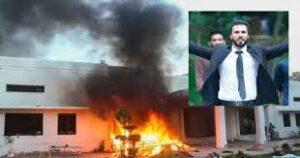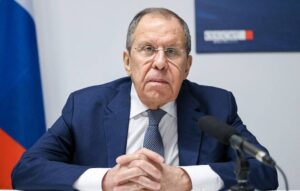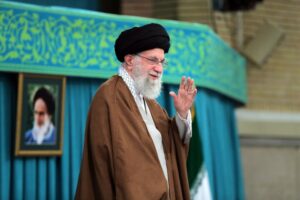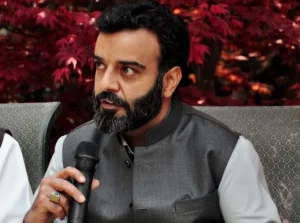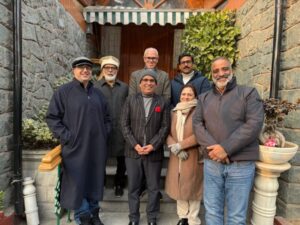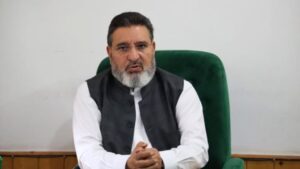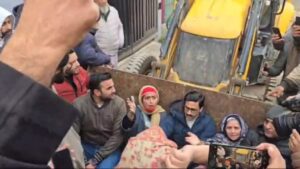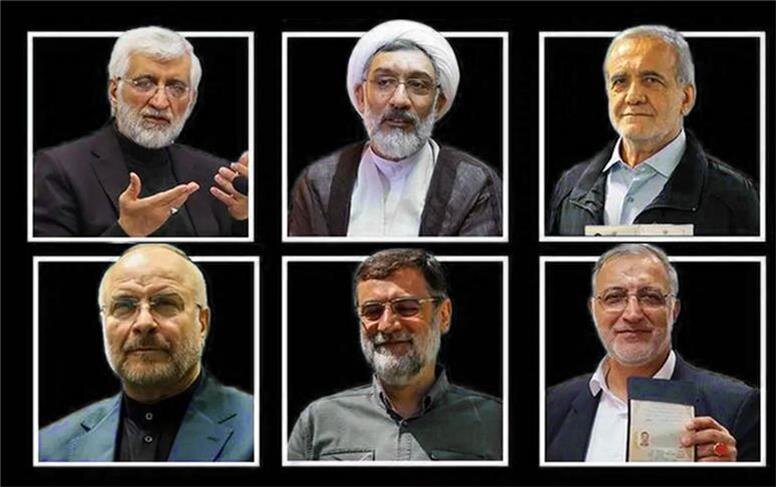
“We hope that the election candidates and their supporters, by observing legal standards and ethical principles in their election campaigns, will pave the way for a dignified religious democratic election,” he stated on Wednesday.
Also warning against foul play, the spokesman for Iran’s Judiciary said the candidates’ conduct is being closely monitored. “Everything is being monitored, and if any unethical behavior related to the election is observed, judicial authorities will take action against individuals in accordance with the law,” Asqar Jahangir announced.
On Wednesday, there were also discussions about the candidates that the Guardian Council did not approve to contest the presidential elections. In the past days, some of the rejected nominees took to social media to protest, claiming that the Guardian Council had made errors in evaluating the registered nominees.
In response, the Guardian Council spokesperson refuted these claims, stating that the vetting process is thorough and cannot be influenced by any political group or individual.
“At first, a report about the backgrounds and qualifications of each candidate was presented, and then inquiries about the individuals were raised. Then, based on their knowledge and information, the members of the Guardian Council independently expressed their opinions. Finally, a vote was taken,” Tahan Nazif explained during an interview with the khamenei.ir.
He added that none of the individuals in the 12-member council can be swayed by external pressure or influence.
Negotiations with West takes center stage
In addition to discussing practical economic policies to improve the national economy, two presidential candidates addressed the JCPOA and negotiations with Western nations on Wednesday.
Mostafa Pourmohammadi highlighted his past experience in negotiations with foreign adversaries to argue that he could reach beneficial agreements with the West.
“I negotiated with Saddam, many of my close associates were martyred by him. I negotiated with the worst enemy of the Iranian nation. Still, with strength, the backing of national power and intelligence, and negotiation techniques, I managed to reach results,” he said during a televised address. “The battlefield and diplomacy should complement each other,” he added.
Saeed Jalili also commented on negotiations with Western nations indirectly, criticizing Hassan Rouhani’s government who in Jalili’s words, tied every aspect of the economy to the revival of the JCPOA.
“Before President Raisi’s government, it was claimed that oil could not be sold [due to U.S. sanctions], and we provided solutions for oil exports to the government at that time. These solutions were taken seriously by President Raisi’s government, and our oil sales reached over 1.5 million barrels per day. The surge in exports from almost zero proved that sanctions could be neutralized,” he said.
(TEHRAN TIMES)


